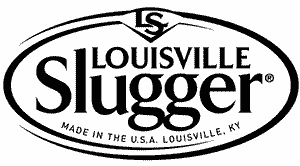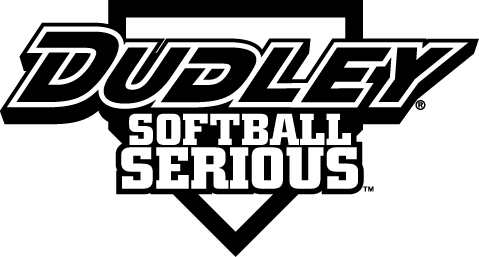Message board »Message Board home »Sign-in or register to get started
Online now: 1 member: TABLE SETTER 11; 51 anonymousDiscussion: Another: You make the call
| Posted | Discussion |
| Oct. 19, 2021 damaged goods 13 posts | Another: You make the call No outs. Runners on 1st and 3rd. Ball hit to shortstop for a routine double play. Runner on 3rd scores. Runner on 1st is forces out at 2nd but does not peel off or slide and interference is called on the throw to 1st base for a double play. Run scores or not?? |
| Oct. 19, 2021 Nunner61 Men's 60 16 posts | Wow...good question. I would have to say, run doesn't score due to the interference. But, with only one Umpire it could go either way, as the umpire cannot see everything. |
| Oct. 19, 2021 Jay Cas 18 posts | I would say that the runner does not score. It is a dead ball and runners should return back to the base held before the dead ball. |
| Oct. 19, 2021 B.J. 1105 posts | when INT. is called it becomes a dead ball situation the runner is out and if in the umpires judgment a 2nd out could have been recorded he would award that 2nd out.. All base runners except the batter will be returned to their previous base unless forced to advance. ... below is the rule 8.6 • WHEN SLIDING IS OPTIONAL - AVOIDING COLLISIONS Sliding or diving into first base or the scoring line or scoring plate is permitted only to avoid a collision with a defensive player. This is an umpire’s judgment call and is not subject to protest or appeal. A player may slide or dive into second or third bases, or when returning to any base. A runner must make every effort to avoid colliding with opposing players while running the bases or sliding or diving. If in the umpire's judgment a runner misses a base to avoid a collision, the runner will not be called out. If in the umpire’s judgment the runner fails to avoid a collision with a defensive player involved in the play, the ball will be declared dead and that runner called out. All base runners except the batter will be returned to their previous base unless forced to advance. If in the umpire’s judgment the runner's collision with the defensive player involved in the play negates a double play, the umpire may award a second out. |
| Oct. 19, 2021 Dbax Men's 65 2100 posts | I don’t want to argue but………. |
| Oct. 19, 2021 Garocket Men's 55 259 posts | I am with Dbax. Through out many years of Baseball and Adult softball that was the rule. But changed in some changed over the years. If the new rule is what that are going to se the the old one is mute now. |
| Oct. 20, 2021 Turning2 Men's 70 204 posts | B.J. good job answering the OP question and providing an applicable rule Dbax - trolling as usual, it's what you do best apparently............ |
| Oct. 20, 2021 Dbax Men's 65 2100 posts | Thank you.👍👍 |
| Oct. 21, 2021 B.J. 1105 posts | T2. hmmm if you are agreeing with me I might have to re-think my answer... lol thx. |
| Oct. 21, 2021 Turning2 Men's 70 204 posts | B.J. Nah, you know better, we agree on many issues and once you answer the OP there is no need to chime in with same answer. I really just wanted to support your answer because you included reference directly from the rule book and i also wanted to address Dbax and his smart alec post above. :) |
| Oct. 21, 2021 Fuzz 20 posts | I do not know the SSUSA rule. However, in USSSA if the interference is judged to be UNintentional the batter/runner going to first base is the second out. If the interference is judged to be INTENTIONAL, the runner closest to home plate is the second out. There does not have to be a throw or attempted throw for interference to be called. (At least that's my understanding) |
| Oct. 22, 2021 B.J. 1105 posts | fuzz.. in ssusa an INT. call is all based on umpire judgment on if a second out would be awarded and where that out would be .. also there does not have to be a throw or attempted throw for interference to be called |














